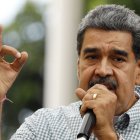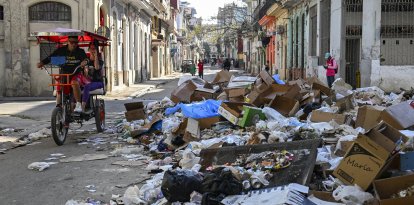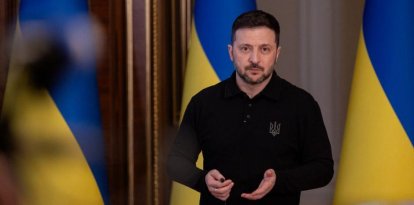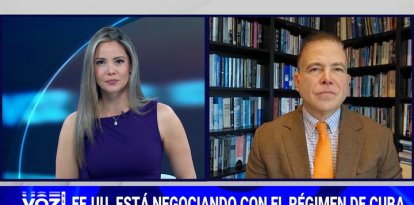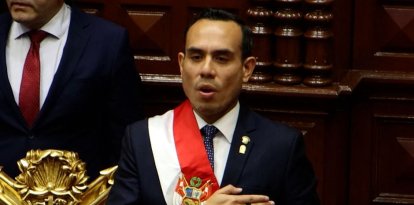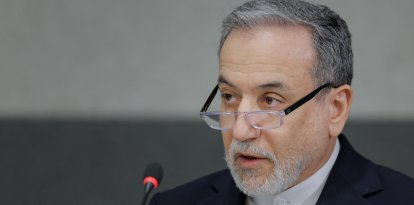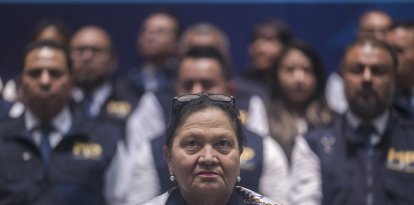Maduro's regime will stop receiving flights of deported immigrants in response to Trump's revocation of oil licenses
Flights to Caracas with Venezuelan immigrants stopped on February 20. Only 360 migrants have been received.
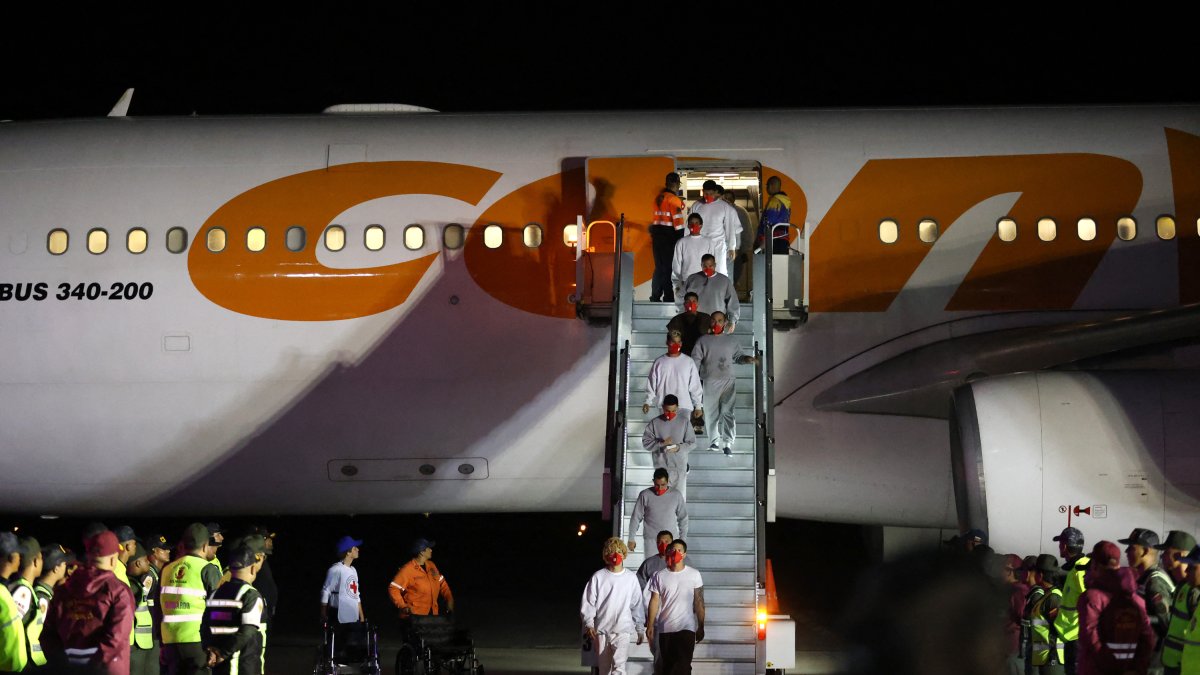
A deportation flight from the U.S. arrives in Caracas
When it seemed that the Maduro regime and the Trump administration had reached immigration agreements for Caracas to accept deportation flights with Venezuelan immigrants, the story took a 180-degree turn after President Donald Trump decided to revoke the oil licenses that former President Joe Biden had delivered to Maduro, urging Chevron and other oil companies to stop their activities in the South American country.
In response to Washington's harsh revocation, which delivers a direct blow to the finances of the repressive Chavista regime, dictator Nicolás Maduro ordered Venezuela to stop accepting deportation flights, according to a report from The Wall Street Journal.
As of February 20, Caracas had only received 360 Venezuelan immigrants, a figure far short of that requested by the Trump administration in its efforts to carry out its mass deportation plan.
It is unclear how the White House will react to Maduro's decision, but the warning from Chavista officials demonstrates how volatile relations with the Venezuelan regime can be.
Trump's decision to revoke oil licenses and Maduro's decision not to receive Venezuelan immigrants came amid heavy lobbying by companies such as Chevron or oil tycoon Harry Sargeant for Washington to strike deals with the Chavista dictatorship.
For months, oil lobbyists worked for the Trump administration to agree on "more oil, fewer immigrants," but the effort seems to have failed to materialize within the White House.
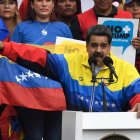
Politics
Ejecutivos petroleros estadounidenses intentaron, sin éxito, persuadir a Trump para que pacte con el régimen de Maduro
Emmanuel Alejandro Rondón
While the special envoy for Venezuela, Ric Grenell, traveled to Caracas to meet with the Maduro regime, succeeding in returning with six U.S. hostages, several senior Trump administration officials are harsh critics of the region's leftist dictatorships (Venezuela, Cuba and Nicaragua), including Secretary of State Marco Rubio and National Security Advisor Mike Waltz.
Likewise, Republican congressmen from South Florida, such as Mario Díaz-Balart, María Elvira Salazar and Carlos Giménez, have worked behind the scenes to persuade President Trump to return to his policy of maximum pressure against Maduro, convincing him to cut off oil funding to the Chavista dictator.
According to Axios, the representatives' lobbying effort was successful, especially since it came at a time when the House was voting on a budget framework that ultimately passed on a 217-215 vote, with Diaz-Balart, Salazar and Gimenez voting in favor.
Since Washington revoked the oil licenses, the Venezuelan regime reacted vehemently, first with Maduro's challenging statements against the U.S., and also with new rounds of persecution and intimidation against María Corina Machado, Venezuelan opposition leader.
Machado, who learned of the revocation of the oil licenses in an interview with President Donald Trump's son, she welcomed the U.S. decision to end Venezuela's blood oil, denouncing that Maduro used oil immigration to destabilize the region and send criminals from the Tren de Aragua outside Venezuelan borders.





